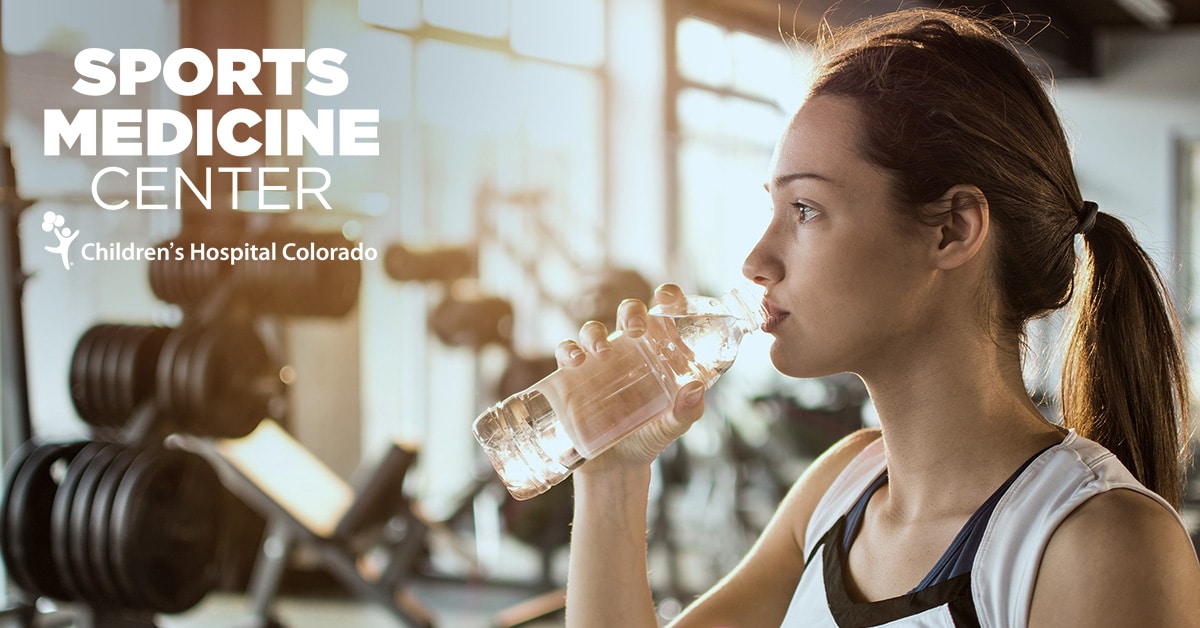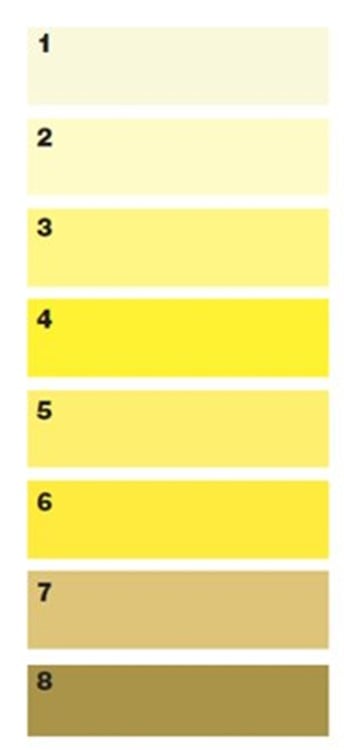Especially in the summer months, you often hear to drink more water and stay hydrated. But did you know that it’s possible to drink too much water? While unlikely, hyper hydration is a condition caused by overhydrating, which in turn dilutes the salt content in cells and can lead to an electrolyte imbalance. Read this article from our partners at Children’s Hospital Colorado to understand hyper hydration and how to prevent it.
Hydration, along with proper nutrition and sleep, is a key component to ensure athletes perform their best. But can athletes over-hydrate? In short, yes.
Drinking too much fluid before, during or after an activity can cause a state of hyper hydration, which can lead to hyponatremia in young athletes. These conditions can cause various symptoms and potentially serious health issues.
We talked to our sports medicine experts about hyper hydration, what to look out for, what healthy hydration is and how to prevent over hydrating. Let’s dig in!
What is hyper hydration?
Hyper hydration can occur when someone drinks so much fluid that it over fills cells and dilutes the salt content in cells. This can cause a chain reaction of serious health concerns. Over hydrating can lead to hyponatremia, which occurs when salt content in the body is below normal. Proper salt levels are critical for blood pressure control, and muscle and nerve regulation.
Symptoms and treatment of hyper hydration
Over hydration can often be misdiagnosed as a heat related illness due to similar symptoms. If left untreated, these symptoms can lead to kidney failure and even death:
- Disorientation
- Confusion
- Loss of consciousness
- Nausea and vomiting
- Muscle weakness
- Spasms or cramps
- Headaches
If an athlete has some of these symptoms and you suspect they recently drank a lot of fluid, they should go to urgent care to receive a saline solution IV. This will help add salt to their system and re-balance the water and salt levels in their cells. In less severe cases, some sports drinks that are high in sodium and electrolytes can help increase sodium content in the cells.
What is healthy hydration?
Preventing hyper hydration starts with understanding how to properly hydrate for activities. While adults have a better understanding of what their bodies need, sometimes it can be difficult for kids to decipher the difference between hunger and thirst, or if their body needs a certain nutrient.
“Your body will tell you what you need – it's an interesting thing,” says Dennis Coonan, Program Manager of the Sports Medicine Center and Athletic Trainer. “If your body needs vegetables, you’ll have a craving for it. Kids don’t necessarily know how to interpret that.”
There isn’t a specific amount of fluid athletes should consume since it differs from person to person, but Coonan recommends that athletes monitor their hydration levels based on their thirst, urine color and their sweat rate, which can indicate possible dehydration. Drinking enough fluid not only combats the heat but helps maintain endurance and the ability to compete. A pale yellow urine color indicated by shades one, two and three below suggests healthy hydration.
For example, a football player who consumes water consistently during practice or a game may be more susceptible to hyper hydration than other sports where an athlete who may drink in bursts throughout activity replenishes instead of engulfing the cells.
Coonan also notes that preparing for activity by consuming large amounts of fluid will not necessarily improve performance and can hinder an athlete’s efficiency. And contrary to popular belief, there is not a strong link between fluid intake and preventing exercise induced muscle cramps.
Overall, a gallon a day doesn’t necessarily keep the doctor away. But ensuring proper hydration before, during and after activity is crucial to a young athlete’s health and performance. Preventing hyper hydration is as easy as drinking when thirsty, not drinking too much fluid before and after activity and minding urine color. Listening to our bodies can tell us a lot about our health and prevent life-threatening conditions such as hyper hydration or hyponatremia.


